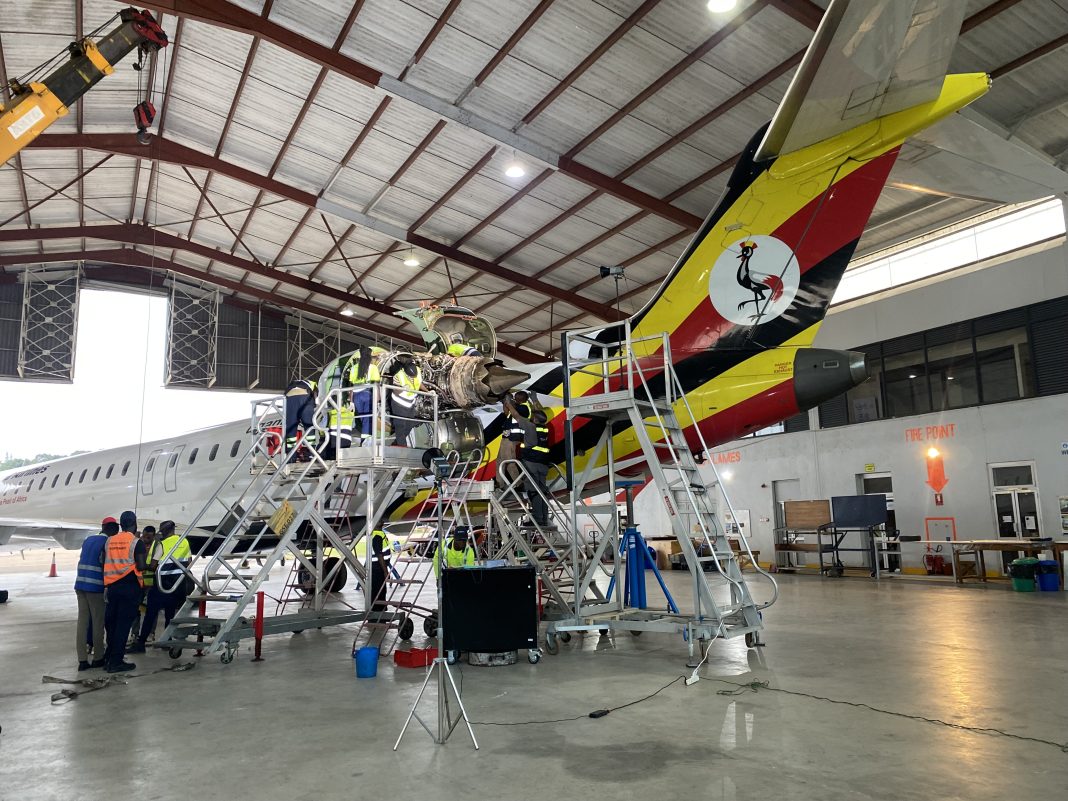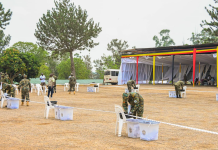By Samuel Ssenono
The International Air Transport Association (IATA), in partnership with Oliver Wyman, has released a new study titled Reviving the Commercial Aircraft Supply Chain. The report highlights serious global supply chain problems that are slowing aircraft production, driving up operating costs and limiting airline growth. For Africa, which depends heavily on imported aircraft, parts and maintenance services, the impact is expected to be significant.
Global Backlogs, Local Consequences
Worldwide aircraft production delays have pushed the commercial order backlog to a record 17,000 aircraft in 2024. This is well above the annual average of 13,000 between 2010 and 2019. As a result, many airlines are being forced to keep older aircraft in service for longer, increasing costs and reducing operational flexibility.
The report estimates that supply chain disruptions will cost airlines more than 11 billion US dollars in 2025. These costs come from operating older, less fuel-efficient aircraft, higher maintenance bills, increased engine leasing and the need to hold larger spare parts inventories to cope with unpredictable delivery schedules.
In 2024, global passenger demand grew by 10.4 percent, outpacing capacity growth of 8.7 percent and pushing load factors to 83.5 percent, the highest on record. African traffic has followed a similar upward trend, but carriers may struggle to keep pace if delivery delays persist.
Root Causes
The study points to several factors behind the current bottlenecks: weaknesses in the aerospace industry’s economic structure, shortages of raw materials, tight labour markets and geopolitical instability. These challenges have created unpredictable delivery timelines for aircraft, engines and spare parts.
For African operators, the situation is particularly challenging. Many rely on foreign maintenance, repair and overhaul (MRO) facilities and imported components, leaving them exposed to longer turnaround times, higher costs and reduced fleet availability.
Willie Walsh, IATA’s Director General, said airlines are facing unprecedented waits for aircraft, engines and parts, and that costs have spiralled by at least 11 billion dollars this year. He said more transparency and opening up the aftermarket would help airlines plan better and ease bottlenecks.
Strategic Actions
The report outlines four key actions to help stabilise the supply chain.
- Open up the aftermarket by supporting independent MROs and giving airlines more flexibility to source parts and services.
- Improve visibility across the supply chain so that airlines can identify risks earlier and manage them more effectively.
- Use data from predictive maintenance and shared spare parts pools to cut turnaround times and reduce aircraft downtime.
- Expand repair and parts capacity to speed up approvals and make greater use of used serviceable material.
African Response Needed
For Africa, these recommendations underline the need to build more regional self-reliance. This includes investment in MRO infrastructure, technical training, spare parts pooling among carriers and closer coordination through regional bodies.
Strengthening these areas would help African airlines reduce their exposure to external shocks and maintain growth as passenger numbers continue to rise.
Matthew Poitras, a Partner at Oliver Wyman, said there is an opportunity to improve supply chain performance in a way that benefits the entire industry. He added that this will require collective action, more transparency and investment in skilled personnel.























